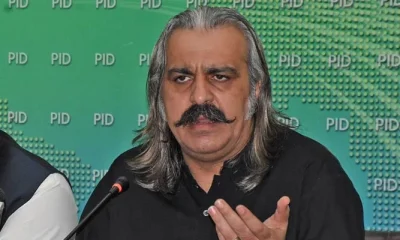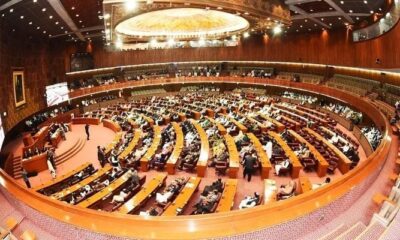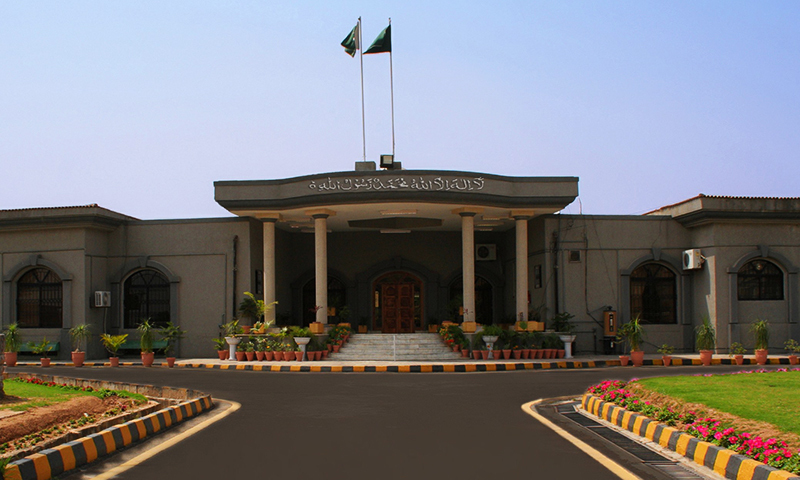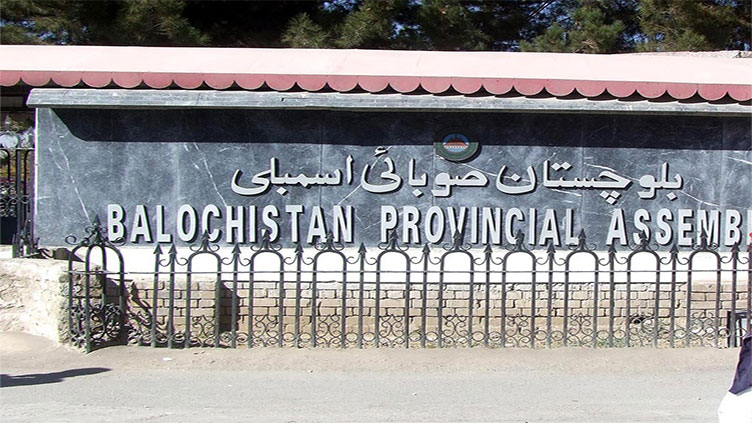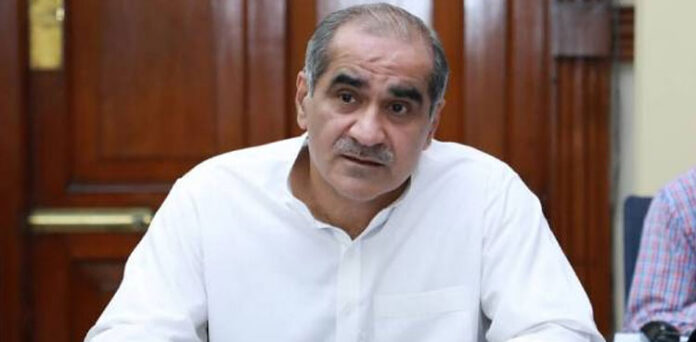- Pakistan Army Act, Official Secrets Act applicable to activities in military areas: minister.
- “Many sensitive items were also present in Lahore Corps Commanders House.”
- Says “only 6” out of nearly 500 cases are being processed to be tried under Army Act.
Interior Minister Rana Sanaullah said Friday that Pakistan Tehreek-e-Insaf (PTI) Chairman Imran Khan’s possible trial in connection with the May 9 mayhem falls under the jurisdiction of military courts.
Talking to a media outlet, he said the Pakistan Army Act was applicable to all those who entered, sent other people, or abetted those who entered restricted areas.
Sanaullah said the Pakistan Army Act and the Official Secrets Act were applicable to activities in military areas. “The Jinnah House is the residence of the [Lahore] corps commander and his camp office. Many sensitive items were also present in Jinnah House.”
The minister was referring to the attack on the Jinnah House by enraged PTI workers on May 9 following Khan’s arrest in the Al-Qadir Trust case. During the days-long protest, private and public properties were vandalised in cities across the country and PTI workers also attacked military installations, including the Jinnah House and the General Headquarters (GHQ) entrance.
The military has dubbed May 9 a “Black Day” and insisted that all those involved in the vandalism of military installations would be tried under the Pakistan Army Act and the Official Secrets Act. Chief of Army Staff General Asim Munir has said the legal process in this regard has been started.
Earlier today, Sanaullah said that “only six” out of nearly 500 cases filed after the May 9 vandalism are being processed to be tried under the Army Act, rejecting the perception created by the PTI that all of those arrested will face military courts.
“The remaining will be tried by ordinary courts,” he said in a presser today in a bid to clear the air regarding the government’s crackdown against those allegedly involved in the May 9 mayhem.
“Various analyses and conspiracies have been spreading … so I thought it best to appear here and state the facts and figures,” Sanaullah said.
Sharing details about the legal action taken so far against the vandals who had attacked government and military installations, the interior minister said that following the riots, 499 First Information Reports (FIRs) had been registered in Punjab and Khyber Pakhtunkhwa.
“Of these, 88 have been registered under the Anti-Terrorism Act [ATA], while 411 have been registered on other charges.”
Sanaullah further shared that 3,944 suspects had been arrested in the two provinces, adding 2,588 of them were taken into custody from Punjab, while 1,099 were arrested by KP authorities.
The interior minister added that another 5,536 arrests were made in other cases; however, of these, 80% have been released on bail.
Moreover, in a bid to clear the air regarding the military courts, he categorically denied rumours that all cases would be tried by military courts and explained that only seven of the 499 cases are being processed to be tried in military courts.
“It is being said that everything is being taken to military courts. This is not true. Only 19 accused have been transferred to military courts in Punjab and 14 in KP. Nowhere else are these measures being taken,” he clarified.

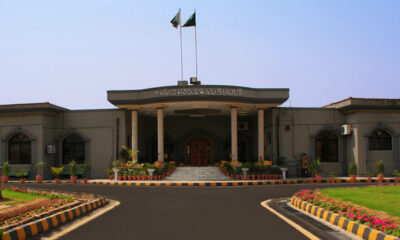
 Latest News2 days ago
Latest News2 days ago
 Business2 days ago
Business2 days ago
 Business2 days ago
Business2 days ago
 Business2 days ago
Business2 days ago
 Latest News2 days ago
Latest News2 days ago
 Latest News2 days ago
Latest News2 days ago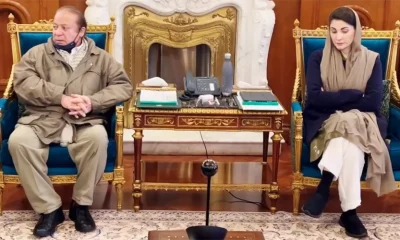
 Latest News2 days ago
Latest News2 days ago
 Latest News2 days ago
Latest News2 days ago
